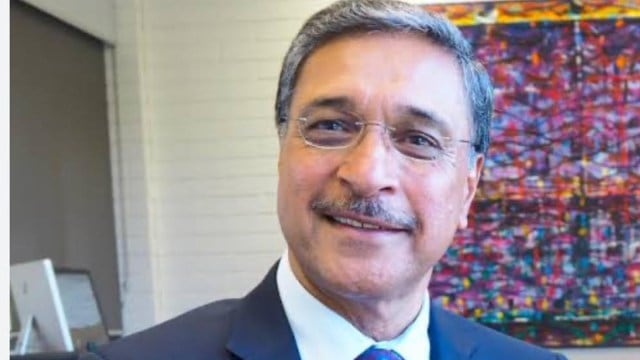
In a fresh blow to students from India, the province of Quebec in Canada is planning to hike university tuition fees and make it mandatory for international students to gain an intermediate level of French proficiency by the time they graduate.
Simultaneously, the province plans to reduce fees for students from France and Belgium, and possibly those from Switzerland, as reported by La Presse to attract a greater number of French speakers to Quebec.
Deep Saini, the President of McGill University, condemned Quebec’s plan as a targeted assault on the province’s English-language universities. He criticized the proposed tuition hike for out-of-province students, describing it as an illogical decision driven by perceptions rather than evidence-based reasoning. Saini expressed concerns about the potential impact on Quebec’s English-language universities, hinting at possible measures such as establishing campuses outside Quebec or exploring legal options.
Quebec’s Minister of Higher Education, Pascale Déry, unveiled the plan to increase tuition fees for out-of-province students by 33%, a lesser jump than the initial proposal of doubling the fees. This adjustment aims to align fees more closely with the average tuition paid by domestic students in Quebec, which stands at around $6,500.
In addition to the tuition increase, the province requires 80% of non-Quebec students to achieve an intermediate level of French upon graduation, and warned of penalties on universities failing to meet this criterion. Furthermore, a larger share of international student fees will be redirected to the province, which will then redistribute the funds to French-speaking universities
Déry emphasized that these changes aim to balance funding between English and French universities, reduce Quebec’s subsidies to students from other Canadian provinces, and contribute to the preservation of the French language.
Each year, Quebec welcomes approximately 60,000 international students across more than 700 distinguished university establishments. The province boasts an array of over 3,000 university programs, with half of them operating at the master’s and PhD levels, as detailed on the government’s official website.
Over the past decade, the count of international students in Quebec has surged twofold. By December 2022, the province had welcomed 58,675 international students, marking a significant increase of 10,000 from the previous year.
Recently, the Canadian government unveiled more stringent immigration measures impacting international students. Effective January 1, 2024, the cost-of-living requirement for international students seeking study permits will no longer remain at $10,000.
Concordia University’s President, Graham Carr, echoed concerns about potential declines in student numbers and the reputational damage that Quebec’s plan might inflict. Both McGill and Concordia anticipate substantial financial implications, with McGill even contemplating the possibility of slashing up to 700 jobs due to these reforms.
These initiatives are part of Quebec’s broader efforts to protect its French heritage and language, aligning with the recent legislation establishing French as the sole official language in the province.
Convicted for drug smuggling, trucker flees to India
Authorities in Canada are seeking international assistance through Interpol to locate a truck driver from Surrey who fled to India after being convicted of trafficking cocaine across the U.S.-Canada border. As reported by the Vancouver Sun, the RCMP has requested a “red notice” to aid in the arrest of Raj Kumar Mehmi, aged 60, recently sentenced in absentia to 15 years in prison. This notice urges global law enforcement to locate and arrest Mehmi, who faces a Canada-wide warrant for his arrest.
According to sources like The Postmedia, Mehmi was initially arrested in 2017 with 80 kilograms of cocaine concealed in his truck at the Pacific Highway border crossing. Despite being found guilty in 2022 on charges related to drug trafficking, Mehmi departed for New Delhi from Vancouver just before his sentencing date in 2023, leading to a sentencing in absentia.
Recently, officials from the B.C. RCMP and Canada Border Services Agency convened a press conference, appealing to the public for any information aiding in Mehmi’s whereabouts as part of their ongoing investigation.
